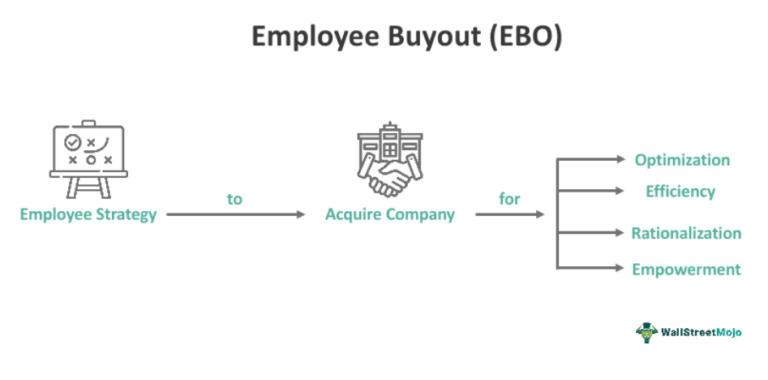
Audience
- Sentiment: disappointment
- Political Group: Democratic
- Age Group: 35-54
- Gender: All genders
Overview
- KFC is relocating its corporate headquarters from Louisville, Kentucky, to Plano, Texas, causing disappointment among Kentuckians.
- Yum Brands cites improved collaboration among its brands and business advantages in Texas as reasons for the move.
- Despite the headquarters moving, KFC plans to maintain a presence in Kentucky with a flagship restaurant and community investments.
KFC Moves Corporate Headquarters to Texas, Sparking Disappointment in Kentucky
In an unexpected turn of events, KFC, the iconic fast-food chain known for its famous fried chicken, is moving its corporate headquarters from Louisville, Kentucky, to Plano, Texas. This shift, announced by Yum Brands, has left many people in Kentucky feeling a mix of sadness and disappointment. After all, KFC has been a proudly Kentuckian brand since it began in the 1930s. While Yum Brands assures that about 560 employees will still work in Louisville, the move marks a significant change that highlights the brand’s evolving strategy in the competitive fast-food industry.
The Heart of KFC in Kentucky
KFC was founded in Corbin, Kentucky, by Colonel Harland Sanders. His special recipe of 11 herbs and spices became legendary, and KFC quickly grew from a small roadside restaurant to one of the largest fast-food chains in the world. For many, KFC is not just a restaurant; it’s a part of Kentucky’s culture and history. The Colonel became a symbol of Kentucky hospitality, and his image is still used across KFC marketing today. The brand’s roots run deep in the Bluegrass State, making this relocation especially hard to swallow for many Kentuckians.
Why Texas?
So, why would Yum Brands decide to uproot such an important part of American culinary history? According to company officials, the move to Texas is intended to improve collaboration among its various brands. Yum Brands operates several popular fast-food chains, including Pizza Hut, Taco Bell, and Habit Burger & Grill. By having both KFC and Pizza Hut in the same state, the company believes it can more easily share ideas and resources, ultimately making its brands stronger and more competitive.
Texas, often seen as a business-friendly state, offers various advantages, such as lower taxes, a larger talent pool, and ample opportunities for networking with other corporations. In recent years, many companies have made similar moves to Texas, which has led to significant growth in cities like Austin and Dallas. So, while it makes sense for Yum Brands to seek out these advantages, it comes at a cost to Kentucky’s identity and economy.
Reactions in Kentucky
Naturally, the announcement has sparked disappointment among Kentucky’s political leaders and residents. Governor Andy Beshear and Louisville Mayor Craig Greenberg both expressed their discontent over the news, emphasizing KFC’s importance to the state. They pointed out that KFC is more than just a brand; it represents jobs, tourism, and local pride. The restaurant has become a staple for many families in Kentucky, who enjoy the comfort of their familiar bucket of fried chicken on special occasions or casual gatherings.
To mitigate the blow from the corporate move, Yum Brands announced plans to invest in the community. They will provide a $1 million endowment to the University of Louisville for scholarships, showing their commitment to the state’s future. They also plan to open a flagship KFC restaurant in Louisville, which will continue to celebrate the brand’s Kentucky legacy. While these efforts are appreciated, many believe they can’t fully replace the loss of the corporate headquarters.
The Future of KFC
Despite the disappointment, it’s essential to look at what the future holds for KFC. The company has made it clear that they are not abandoning Kentucky entirely. Along with the employees that will remain in Louisville, the flagship restaurant is sure to attract locals and tourists alike. They will maintain a unique connection to the state while also tapping into the benefits that come with a Texas-based headquarters.
In recent years, KFC has also been experimenting with menu changes and new marketing strategies, often targeting younger consumers. This demographic shift is a smart move since they now make up a significant portion of fast-food customers. One thing that Kentucky fans of the brand should be excited about is the potential for innovative menu items that could come out of closer collaboration with Pizza Hut and Taco Bell. There’s also potential for more regional menu items that can highlight Kentucky’s culinary heritage – like a special chicken sandwich inspired by local flavors.
Local Culture and Community
Apart from the corporate moves and investments in education, it’s important to understand the heart of what makes KFC special—its connection to the local community and culture. The importance of supporting local businesses cannot be understated. While KFC’s rich history in Kentucky and the Colonel himself are quintessentially tied to the state, community involvement remains vital for any brand looking to succeed today.
For those who love KFC, it might come as a relief to know that they are still working on local promotions and collaborations. Restaurants often engage with local suppliers, use fresh ingredients, and celebrate local cuisine in their offerings. Community involvement—be it through sponsorships, partnerships with schools, or charitable initiatives—can keep the spirit of KFC alive in Kentucky, even when corporate decisions lead them elsewhere.
Conclusion: A New Chapter
As this new chapter unfolds for KFC, it raises some questions about the balance between business growth and community loyalty. The reality is that in today’s global economy, businesses need to adapt to survive and thrive. Relocation decisions are often about economic strategy and logistical benefits, yet they can also carry emotional weight for the communities involved.
So, what do you think? Is this relocation a smart move for KFC, or does it feel like a loss for Kentucky? How do you feel about big corporations moving headquarters away from their historical roots? Share your thoughts in the comments—I’d love to hear what you think!





